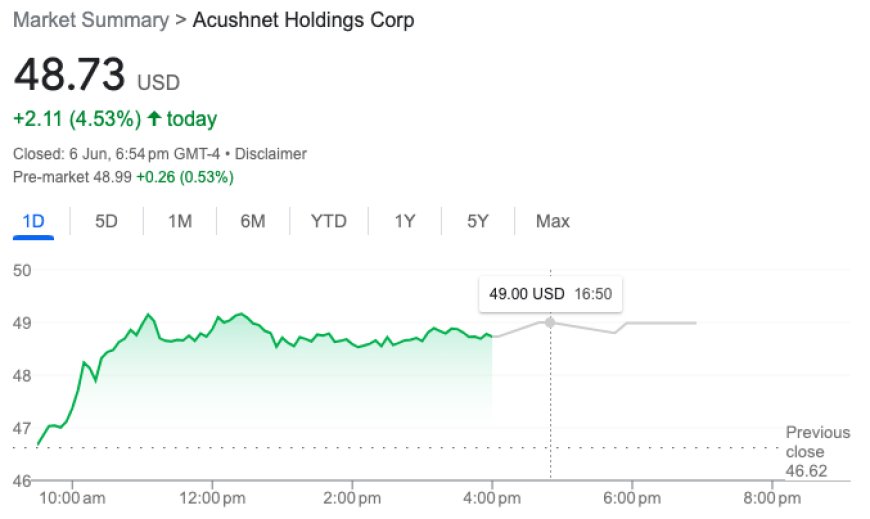PGA Tour and LIV Golf League Forge Merger, Paving the Way for Golf's Unification
PGA Tour and LIV Golf league merge, reshaping golf's future. Explore investor impact, market response, and the transformative potential of this historic collaboration.

In a surprising twist that sent shockwaves through the golfing community, the PGA Tour and the Saudi-backed LIV Golf league announced their decision to put aside their year-long battle and embark on a historic merger. The two organizations have joined forces, establishing a novel commercial entity aimed at unifying the sport and revolutionizing its landscape.
Following a bitter dispute, the unexpected merger signifies a significant milestone in the golfing world. It represents a major step towards industry consolidation as the PGA Tour and LIV Golf league pool their resources, capital, and expertise together.
While the precise implications of this momentous merger are yet to be fully revealed, all parties involved are committed to finalizing the agreement in the forthcoming months. The PGA Tour, in its official statement, stated that additional details about the unified entity will be disclosed in due course, creating an atmosphere of anticipation within the golfing community.
The announcement immediately triggered a positive response in the stock market, with two prominent golf-related companies experiencing significant increases in their stock prices. Acushnet, the parent company of Titleist, and Topgolf Callaway, the owner of clubmaker Callaway, observed remarkable gains of nearly 5% in their respective stock values. Industry analysts, including Randal Konik from Jefferies, perceive this unexpected merger as a catalyst poised to elevate the sport of golf to unprecedented heights.
Konik emphasized that the combined entity's infusion of capital, particularly from the Saudi-backed Public Investment Fund (PIF), reflects a resolute commitment to drive the growth and global promotion of golf. Additionally, the merger effectively resolves pending litigation between the two entities, including contentious antitrust claims, marking a significant step towards addressing concerns about fair competition within professional golf.

The market's enthusiastic response to the PGA Tour and LIV Golf league's reconciliation underscores investors' belief that reduced competition will be advantageous for the golf industry. This sentiment aligns with the strategic concept of a "moat," popularized by acclaimed investor Warren Buffett, which highlights businesses with a substantial competitive advantage and a defensible market position. Investors interpret the newly formed entity's increased market power as a positive development for the future of golf.
Nevertheless, questions persist about the potential impact on players and fans. Critics argue that decreased competition may limit choices and stifle innovation within the sport. However, from an investor's perspective, diminished competition aligns with their financial interests.
It is worth noting that while some investors may privately support reduced competition, publicly endorsing monopoly power would contradict the principles of free market capitalism, which emphasize the importance of open competition. Therefore, celebrating such a scenario openly would be incongruous with their stance.
The golfing community eagerly awaits further updates and specific details about the unified entity, which aims to redefine the sport's future. This merger marks the beginning of a new era in golf, set to ignite extensive discussions and debates within the industry and among enthusiasts worldwide. The collaboration between the PGA Tour and LIV Golf league has the potential to leave an indelible mark on the sport, charting an exciting and transformative path forward.






























































